Measurement properties of the Swedish clinical outcomes in routine evaluation outcome measures (CORE-OM): Rasch analysis and short version for depressed and anxious out-patients in a multicultural area
5 (718) In stock
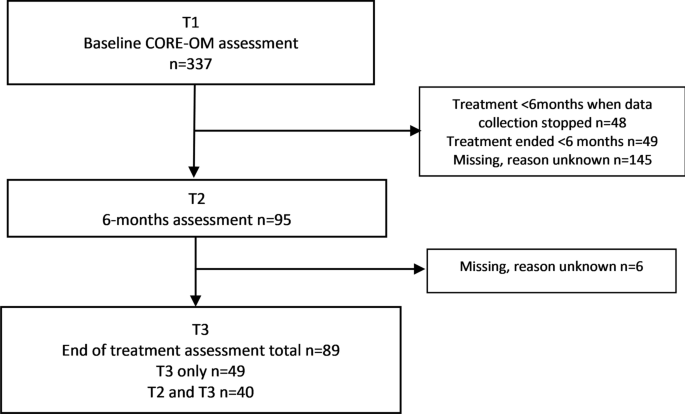
Introduction The Swedish version of the patient-reported Clinical Outcomes in Routine Evaluation Outcome Measures (CORE-OM) has demonstrated high reliability and acceptable convergent validity in explanatory factor analyses. However, the fundamental scale properties have not yet been validated according to item response theory. The aim of this study was to analyze the measurement properties of the Swedish CORE-OM in a cohort of psychiatric out-patients with depression and anxiety in a multicultural area and to explore combinations of items based on shorter versions of the scale (CORE-10, CORE-6D) to improve measurement properties. Methods Data from CORE-OM assessments of 337 patients were analyzed using Rasch analysis. The patients had a mean age of 30 ± 14 years, the majority were women (72%). Requirements for measurement properties were checked: overall model fit, item fit residuals, targeting, internal consistency, differential item functioning and thresholds. Sensitivity to change was also analyzed. Results The CORE-OM showed high internal consistency (person separation index = 0.947) and adequate targeting, but there was overall model misfit (item trait interaction χ2 = 917.53, p < 0.001), indication of local dependency, and differential item functioning in 9 items. The risk items showed problems with disordered thresholds. The emotional component of the shorter CORE-6D showed the best fit for our sample. Adding 3 items to include depressive and trauma-related content resulted in a unidimensional 8-item set with acceptable reliability, model fit, targeting and sensitivity to change. Conclusion For out-patients with diagnosed depression or anxiety in a multicultural area, the Swedish CORE-OM showed high internal consistency, but also validity problems. Based on the shorter CORE-6D version, a unidimensional 8-item set could be an alternative brief measure of psychological distress for this population, but further validity studies are required. Qualitative studies exploring the CORE-OM items in non-native speakers are also warranted.

Reference values for generic instruments used in routine outcome monitoring: the leiden routine outcome monitoring study, BMC Psychiatry

Frontiers Assessing the Relationship of Patient Reported Outcome Measures With Functional Status in Dysferlinopathy: A Rasch Analysis Approach

PDF) Confirmatory factor analysis of the arthritis impact measurement scales 2 short form in patients with rheumatoid arthritis

It's hard to tell: The challenges of scoring patients on standardised outcome measures by multidisciplinary teams: a case study of neurorehabilitation, BMC Health Services Research

Effectiveness of the Incredible Years parenting program for children with behavioral problems: An experience in a developing country during a pandemic - ScienceDirect

PDF) Confirmatory factor analysis of the arthritis impact measurement scales 2 short form in patients with rheumatoid arthritis

Measurement properties of the Swedish clinical outcomes in routine evaluation outcome measures (CORE-OM): Rasch analysis and short version for depressed and anxious out-patients in a multicultural area
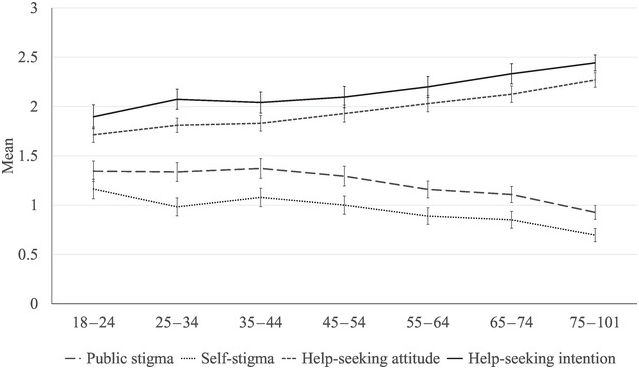
Stigma and Mental Health in Specific Contexts (Part III) - The Cambridge Handbook of Stigma and Mental Health
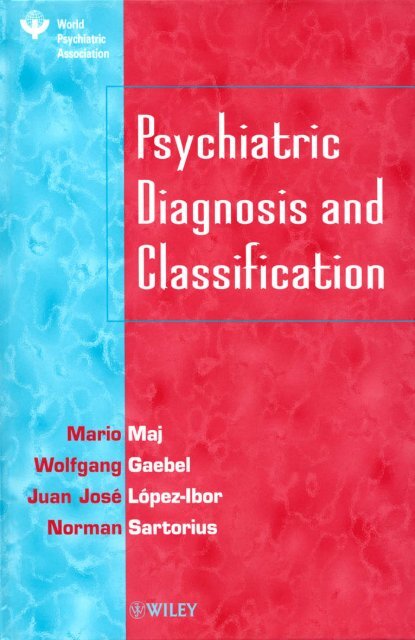
Psychiatric Diagnosis and Classification - ResearchGate

IJERPH, Free Full-Text
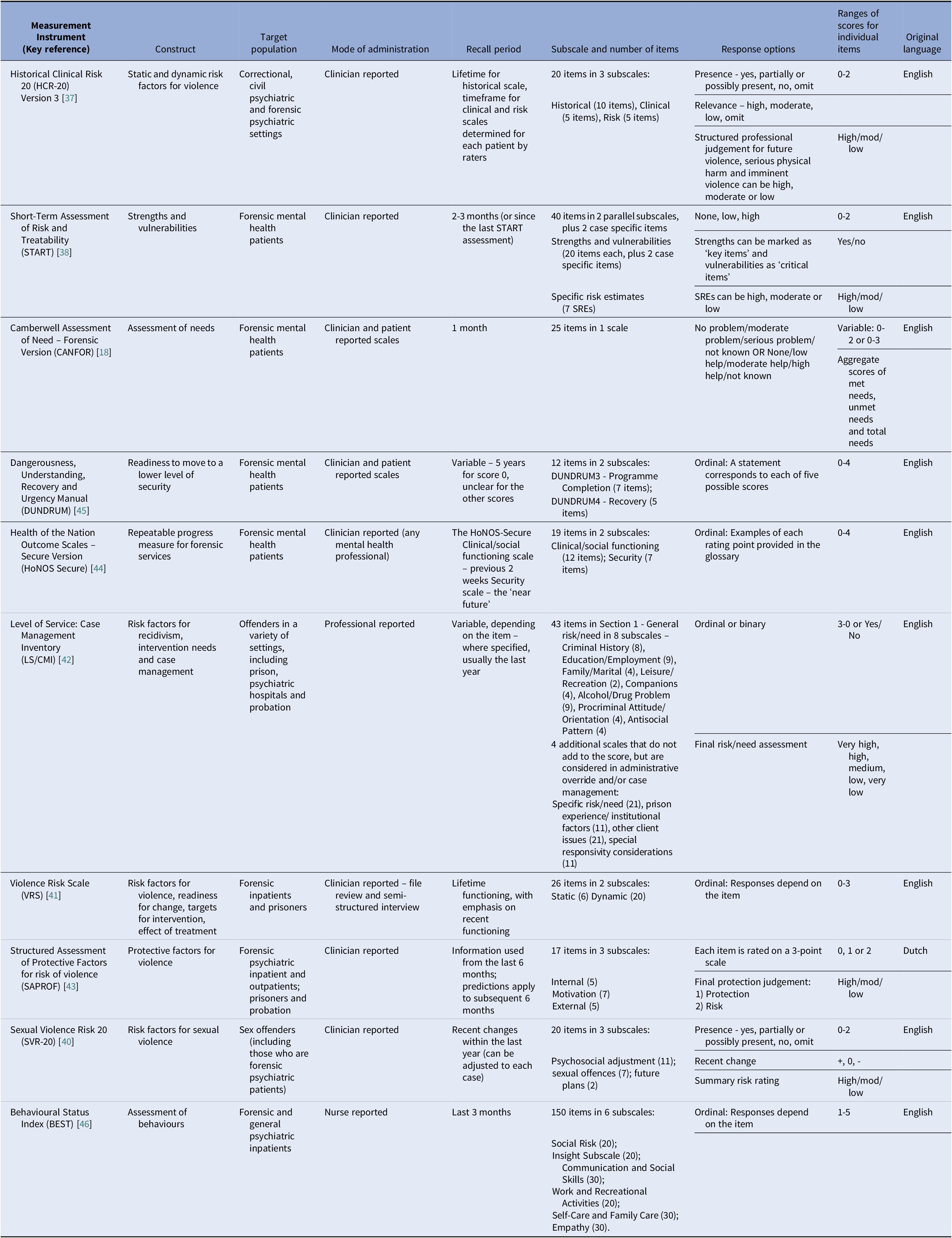
Outcome measures in forensic mental health services: A systematic review of instruments and qualitative evidence synthesis, European Psychiatry
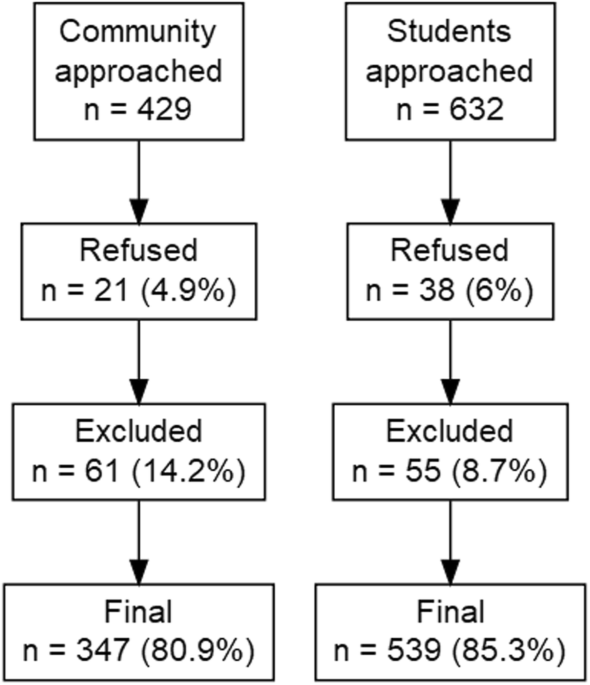
Exploration of the psychometric properties of the Clinical Outcomes in Routine Evaluation-Outcome Measure in Ecuador, BMC Psychology
CORE-OM questionario in italiano
 Women's & Girl's Regular Wear Plain Square Neck Bra Top Free-Size(Pack of 1,26
Women's & Girl's Regular Wear Plain Square Neck Bra Top Free-Size(Pack of 1,26 Maternity Large – SproutzUturn
Maternity Large – SproutzUturn YMI Mid-Rise Jeggings- Betty Wash – The Pulse Boutique
YMI Mid-Rise Jeggings- Betty Wash – The Pulse Boutique Il a bouleversé ma vie… : Ambre Dol (Familles nombreuses) fait une déclaration d'amour enflammée à son mari Alex pour ses 36 ans (VIDEO)
Il a bouleversé ma vie… : Ambre Dol (Familles nombreuses) fait une déclaration d'amour enflammée à son mari Alex pour ses 36 ans (VIDEO) YOUTH TIGHTS FULL LENGTH, PLAIN COLORS ORANGE
YOUTH TIGHTS FULL LENGTH, PLAIN COLORS ORANGE Handmade Pearl Beaded Bra Top For Women Pearl Straps Elegant Crop Top For Parties Streetwear Summer Beach Body Cover - Tanks & Camis - AliExpress
Handmade Pearl Beaded Bra Top For Women Pearl Straps Elegant Crop Top For Parties Streetwear Summer Beach Body Cover - Tanks & Camis - AliExpress